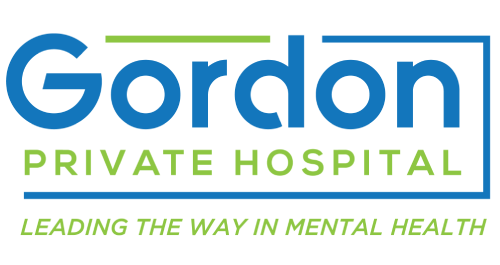
HOME . Mental Health Treatments . Bipolar Disorder
Bipolar Disorder
BIPOLAR DISORDER
Mental health treatment for Bipolar Disorder in Sydney
Everyone has mood swings from time to time; feeling high and feeling low are part of life.
It is only when these moods become extreme and interfere with personal and professional life that Bipolar Disorder may be present.
Bipolar disorder is a chronic mental health condition with strong changes in mood and energy. One in 50 (1.8%) adult Australians experience bipolar disorder each year. It can commence in childhood, but onset is more common in the teens or early 20s and some people develop their first episode in mid-to-late adulthood.
The term bipolar disorder is used to describe patterns of manic or hypomanic behaviour (with elevated, expansive or irritable moods) that may or may not alternate with episodes of clinical depression.
Occasionally, people show a mixture of both high and low features at the same time, or switch during the day, giving a mixed picture.
These changes in mood can last a week or more, and affect our thoughts and behaviour. Each individual tends to have a distinct pattern. For instance, some people with bipolar disorder might have only one episode every decade, while others may have daily mood swings.
Bipolar symptoms during a manic phase may include:
✔ Feeling incredibly ‘high’ or euphoric.
✔ Delusions of self-importance.
✔ High levels of creativity, energy and activity.
✔ Getting much less sleep or no sleep.
✔ Poor appetite and weight loss.
✔ Racing thoughts, racing speech, talking over people.
✔ Highly irritable, impatient or aggressive.
✔ Inappropriate sexual activity or risk taking.
✔ Dressing more colourfully and being less inhibited.
✔ Impulsiveness and making poor choices in spending or business
✔ Grand and unrealistic plans.
✔ Poor concentration, easily distracted.
✔ Delusions, hallucinations.
Bipolar symptoms during a depressed phase may include:
✔ Feelings of sadness or hopelessness.
✔ Loss of interest in usually pleasurable activities.
✔ Withdrawal from family and friends.
✔ Sleep problems (often excessive sleep).
✔ Loss of energy, feeling exhausted.
✔ Physical slowing.
✔ Low self-esteem.
✔ Feelings of guilt.
✔ Problems concentrating.
✔ Suicidal thoughts.
It is now common to distinguish Bipolar I and Bipolar II (less extreme highs) disorders from one another, but distinctions between the two are not clear-cut, whether examined in formal diagnostic manuals or considered more informally in clinical practice.
Bipolar I –
Individuals diagnosed with bipolar 1 have full manic episodes. Most have depressive episodes, but they may not.
Bipolar II –
Individuals diagnosed with bipolar 2 have depressive episodes but experience less severe manic episodes (known as hypomania).
The differences between Bipolar I and II are not always clear-cut but a professional can often determine which type you have based on a clinical review and specific diagnostic questions.
Contact gordon private hospital
Bipolar Disorder treatment
Accurately diagnosing Bipolar Disorder is often not a straightforward matter as its onset is often marked by a depressive period, and it can therefore be misdiagnosed as depression. Depressive symptoms are common in bipolar disorder – usually more prevalent than hypomanic or manic symptoms.
Bipolar disorder needs long-term management. Medication and lifestyle management are required to treat and manage bipolar disorder. Without medication, relapse is more likely. Psychological therapies are a useful addition to drug therapies.
If you suspect you have bipolar disorder, or you’ve tried other treatments and would like a second opinion please contact our admissions team for further information.
